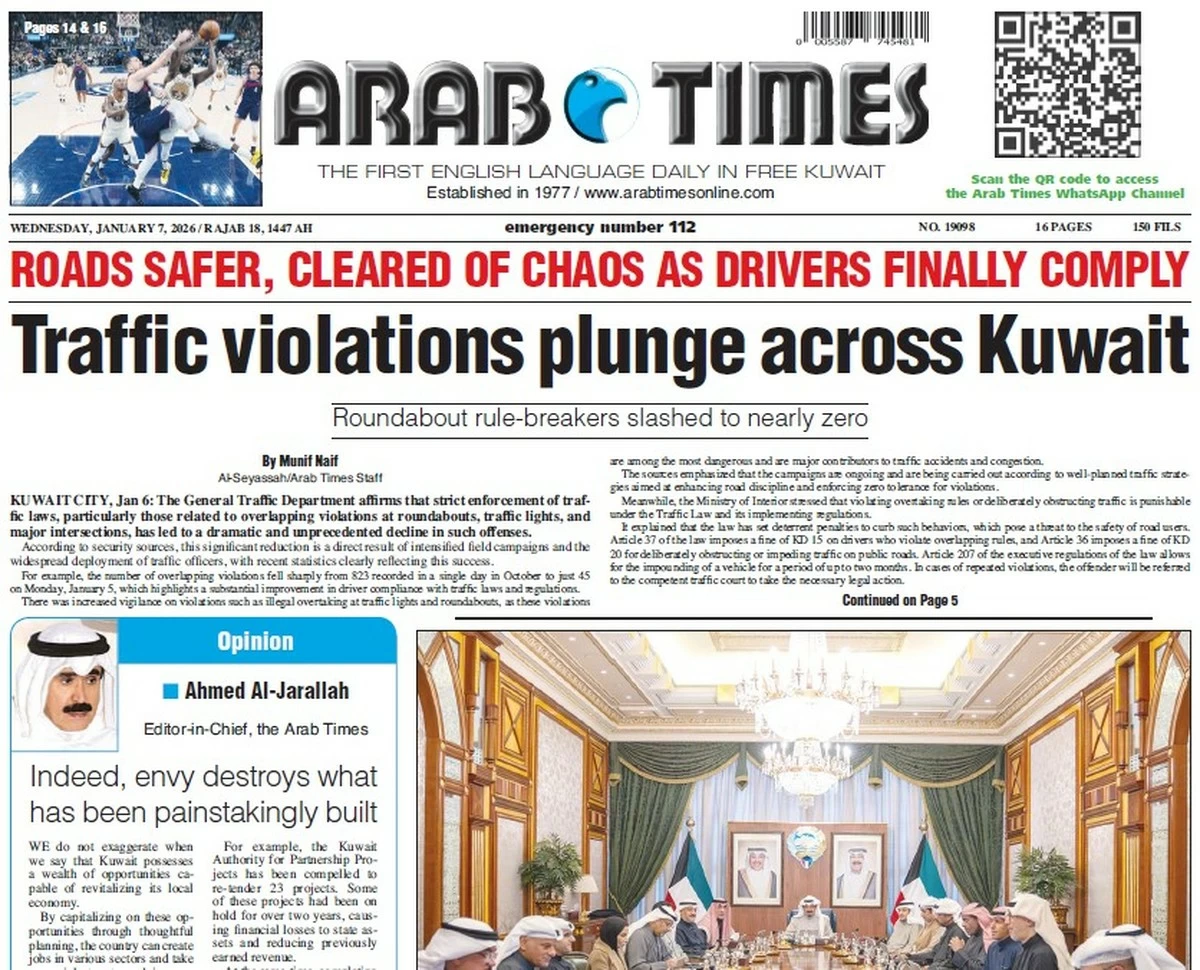06/11/2023
06/11/2023

When an influential group controls the reins of power, has an agenda with corrupt goals that do not serve the interest of the nation, and imposes its point of view through the law, the people tend to express their pain either through puns and symbolism or by leaving the country in order to exercise their right of freedom of expression and opinion without any disturbances or persecution.
Since forever, freedom has been the goal of creation. Whenever freedom gets suppressed, human beings tend to resort to unusual methods in order to communicate and be heard, something that often annoys the corrupt.
That is why when the Buyid Dynasty witnessed the “Ikhwan al-Safa” (Brethren of Purity) group emerge not to fight corruption but to seize the decision in order to contribute to the collapse caused by a faction that had tightened control of power and destabilize the caliphate, discord prevailed on that day, and each faction went on to defend it.
The same applies to the stories of “Kalila and Dimna”, as when the freedom of expression was suppressed in India, fables became an outlet for expression.
This is because people were unable to express their opinions out of fear and panic, and at the same time, they were alert to reform. That is why, in that era, the stories of “Kalila and Dimna” became something similar to a reformist statement for the opposition. They became widespread in the ancient world after the stories were translated. They had an impact on the people, and are in fact circulated among them even to this day.
Today, Kuwait lives under half-baked freedom of opinion. There are many warnings set by a group of parliamentarians, with the support of the authorities, to limit criticism of any corrupt political behavior.
These laws do not fit with the social and cultural nature of Kuwait, which has been inherited from the time it was found on this good land.
This situation, in light of the extensive spread of the media and social communication, has made people resort to puns and symbolism, or publish under pseudonyms or from abroad, especially after they saw the harsh sentences being issued against them as a result of rumors, or for revealing facts about practices that spread corruption in institutions.
This is why we have witnessed in recent years prison sentences being issued against social media users, some of which reach up to 70 years, as a result of publishing a single sentence.
The Cybercrime Law, despite being against the Constitution, is implemented harshly because the judge does not find any text that would enable him to show mercy, as well as the Publications and Press Law, let alone contain many flaws and huge fines.
As for the proposal for the new law, it seeks to open a window for the application of the General Penal Code, which issues penalties of imprisonment for long periods for even saying a word.
The laws that were drawn up in lean years, when the authorities and parliamentary blocs sought to silence people, formed something like an arsenal to resist freedom of expression, thought, and speech. It discouraged individual initiative by limiting freedom of expression, which pushed people to withdraw, allowing the corrupt to exercise their aggression against others without accountability.
Prior to these laws, Kuwait was accustomed to openness and frankness, reaching out to the decision-maker, and talking about what the people are suffering from in all comfort. That was one of the factors of Kuwaiti strength because it revealed the shortcomings and made reform quick.
Today, these laws have changed the face of society. The correct thing is to research what is published in the media and social media. If it is correct, it must be taken into account for the sake of reform, but if it is wrong, then deny it.
When people are imprisoned and harsh sentences are issued, this directly means that what was published, even if under pseudonyms, is true, and people will follow those with hidden names.
Therefore, true reform begins with amending these laws, and not with further gagging of mouths.
By Ahmed Al-Jarallah
Editor-in-Chief, the Arab Times


